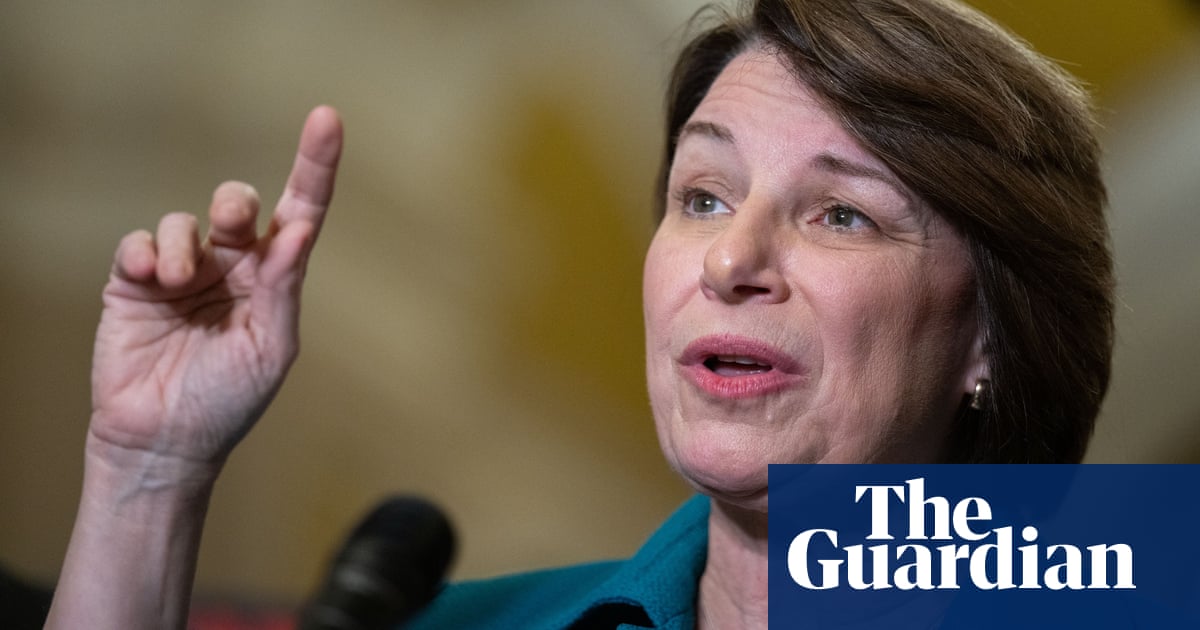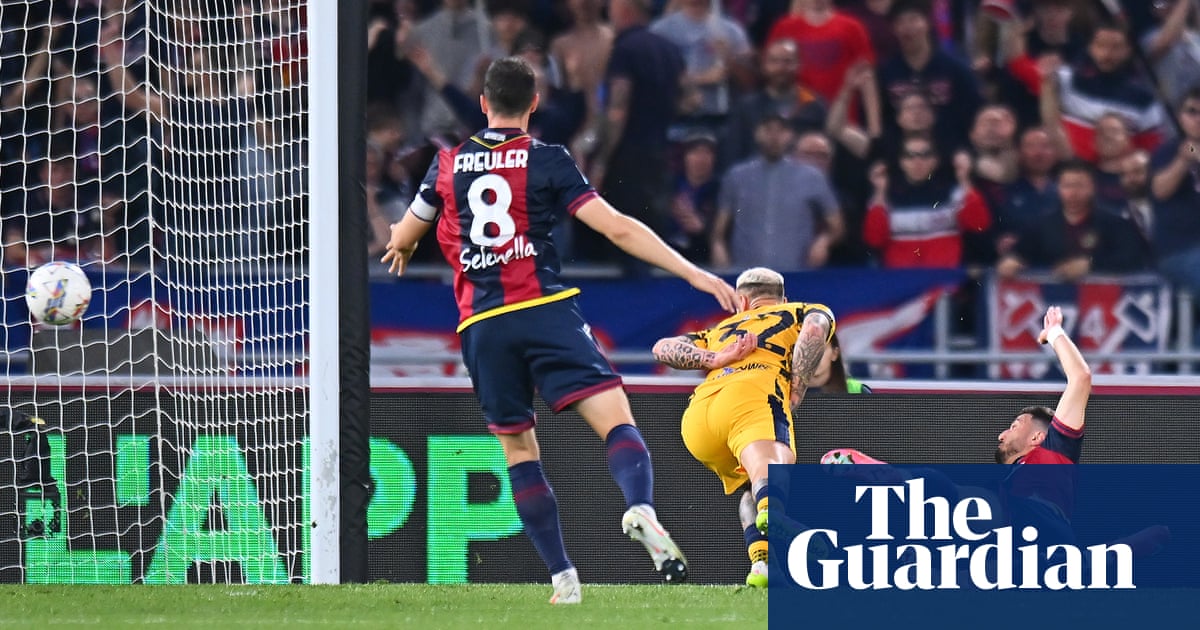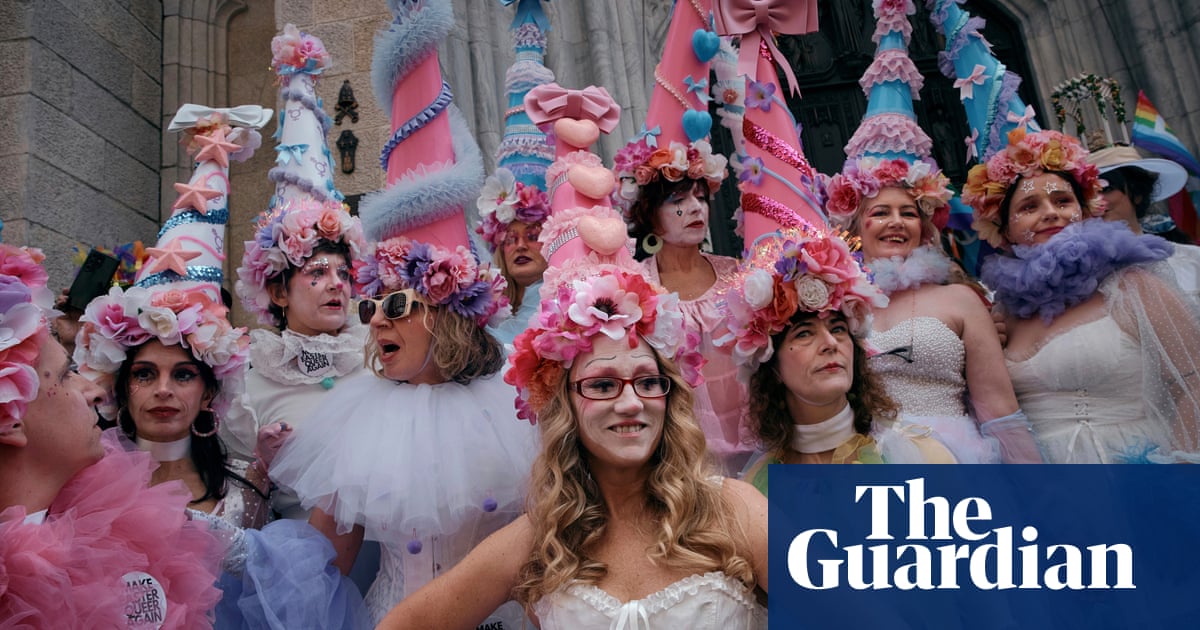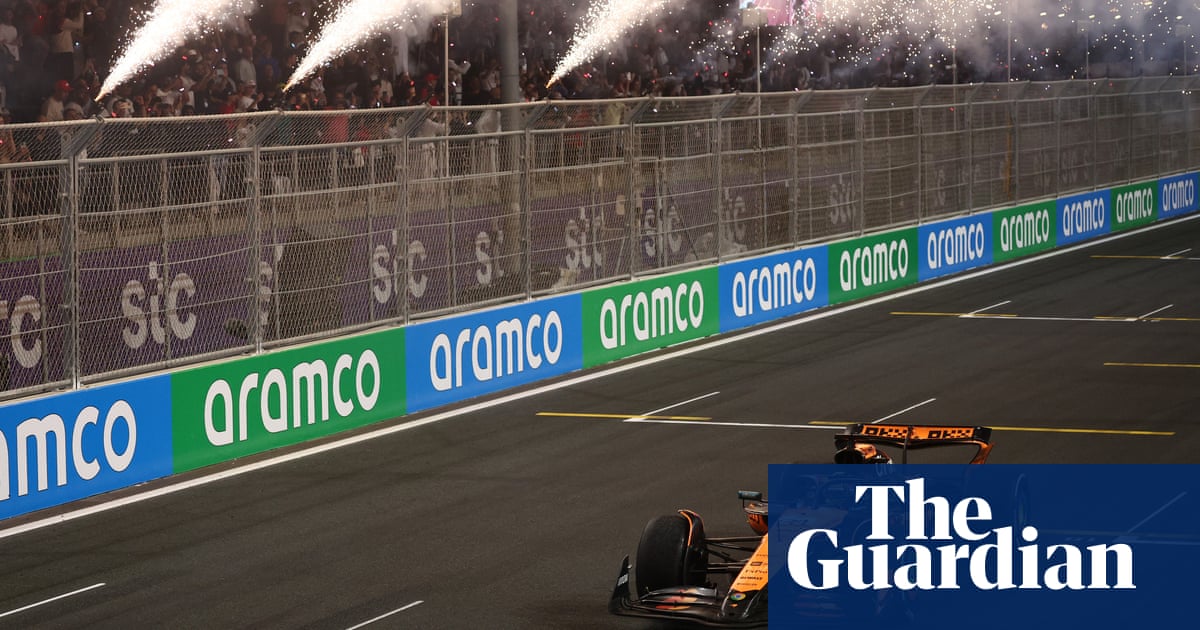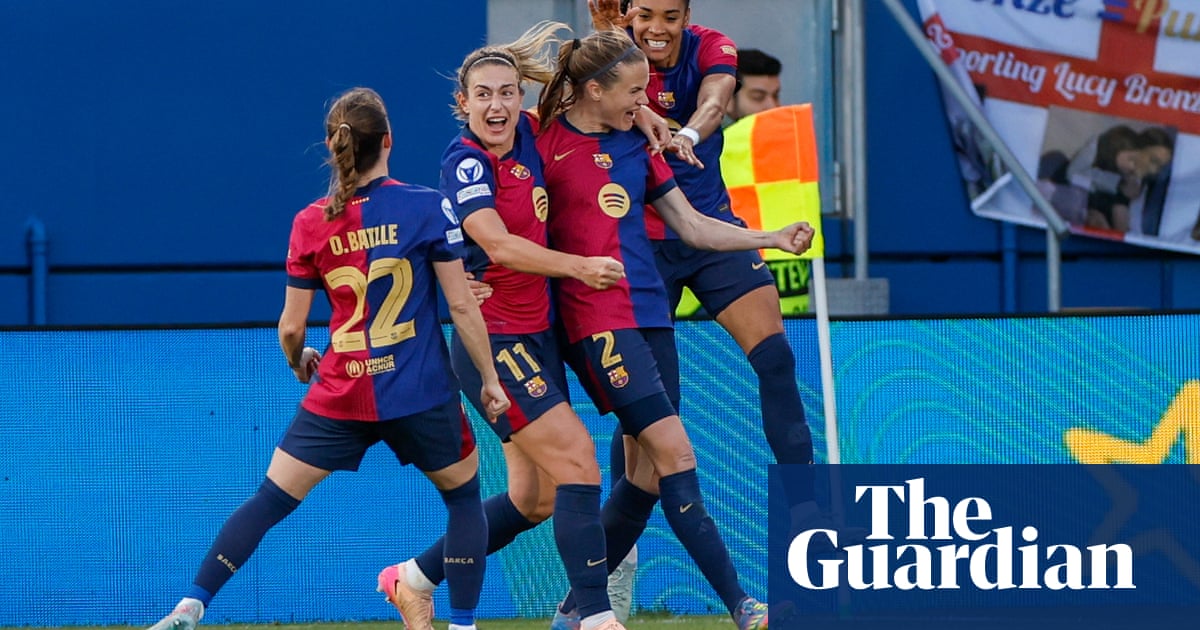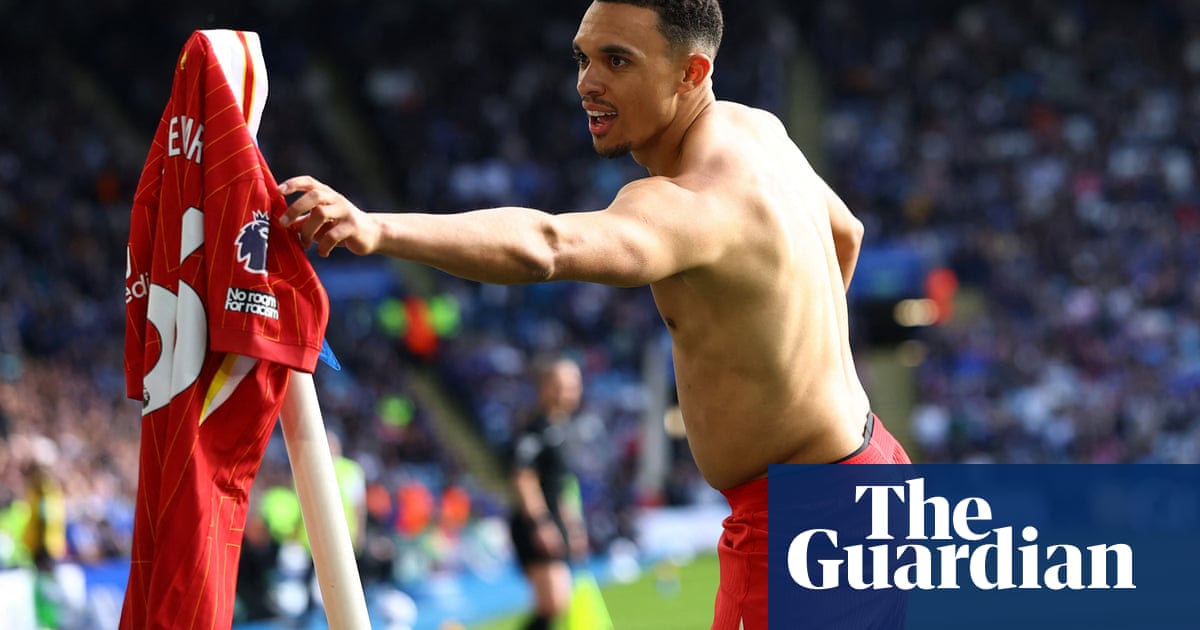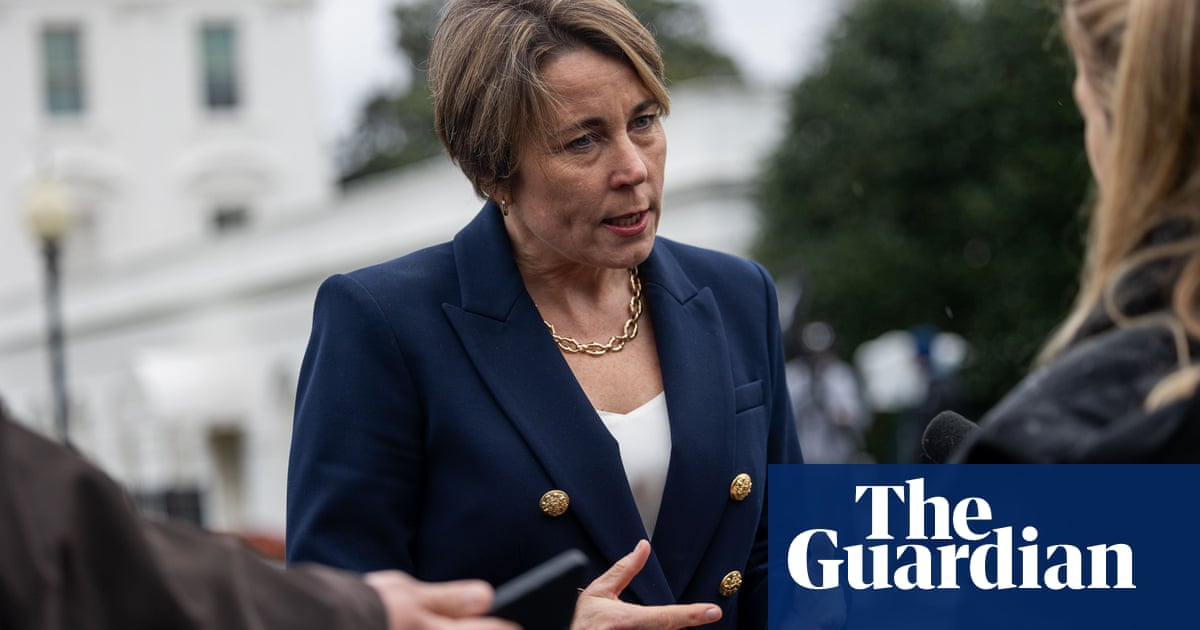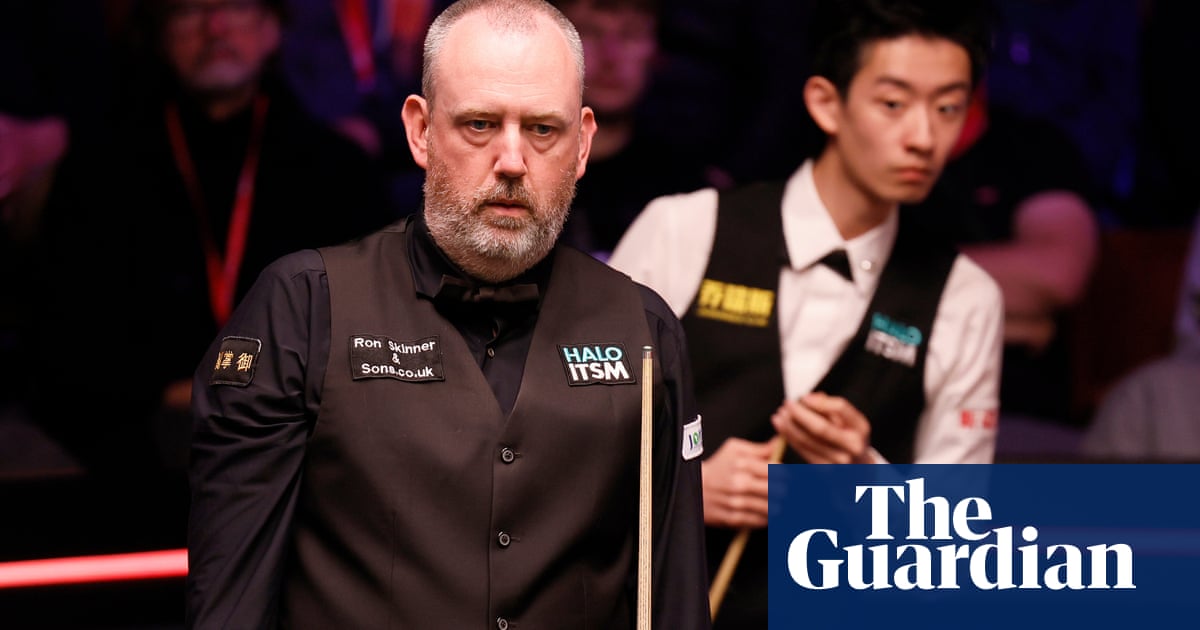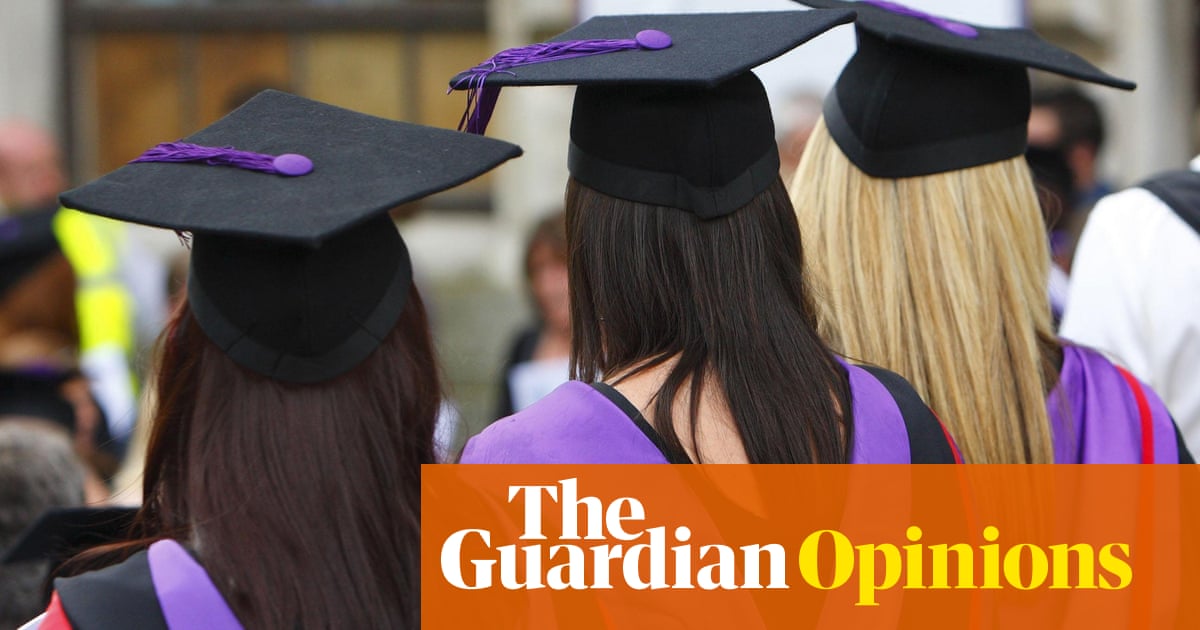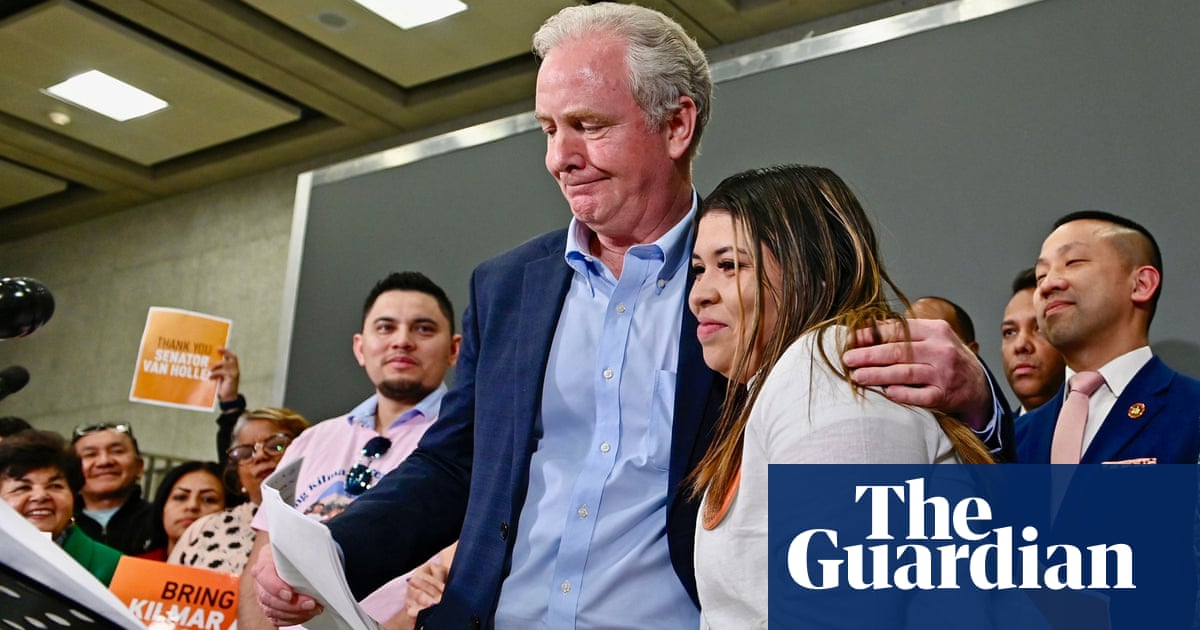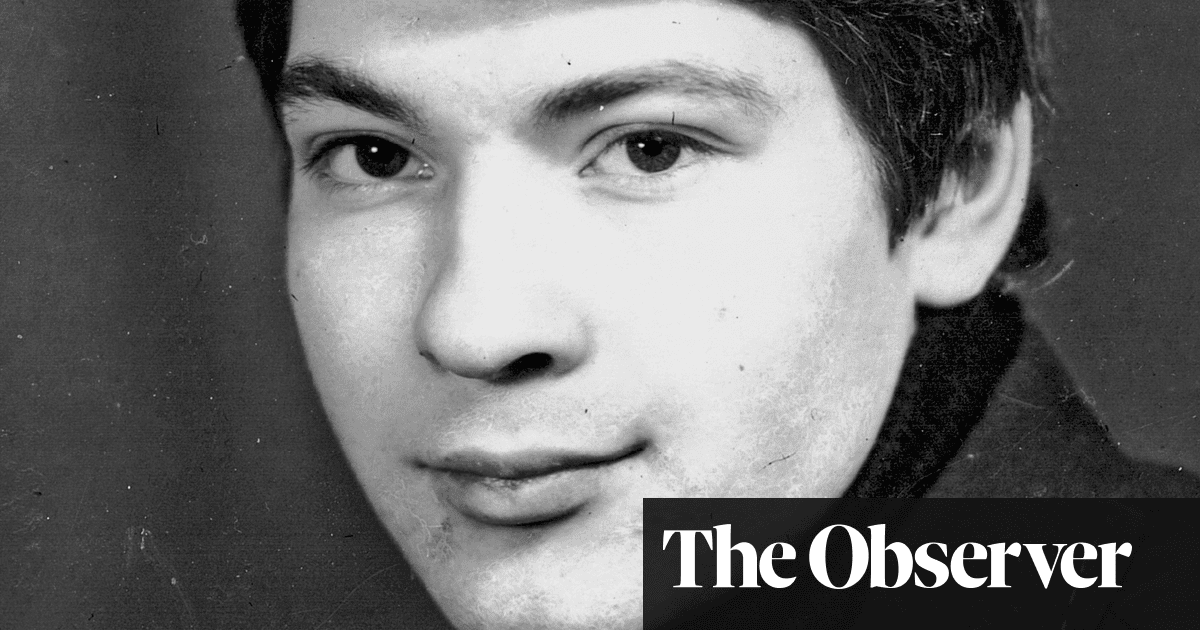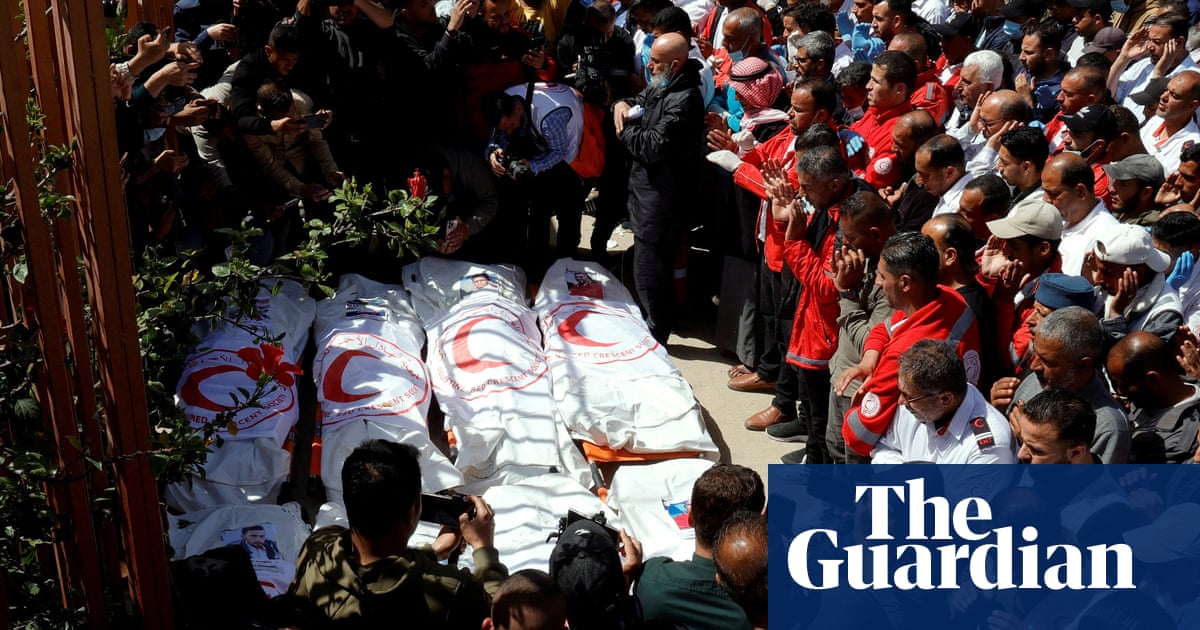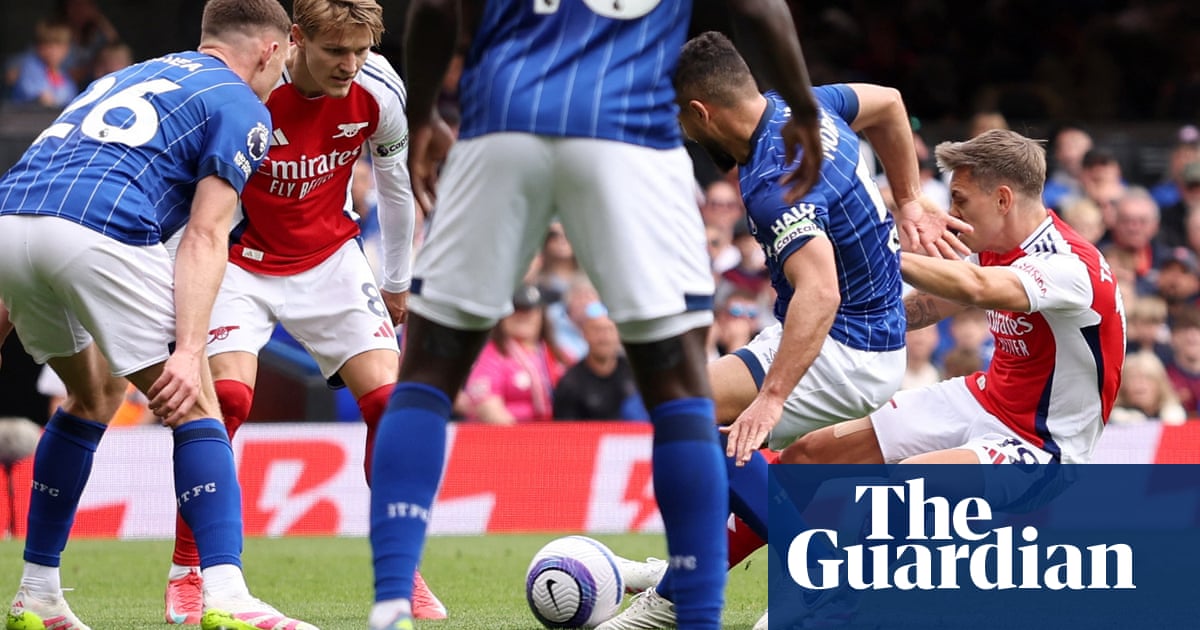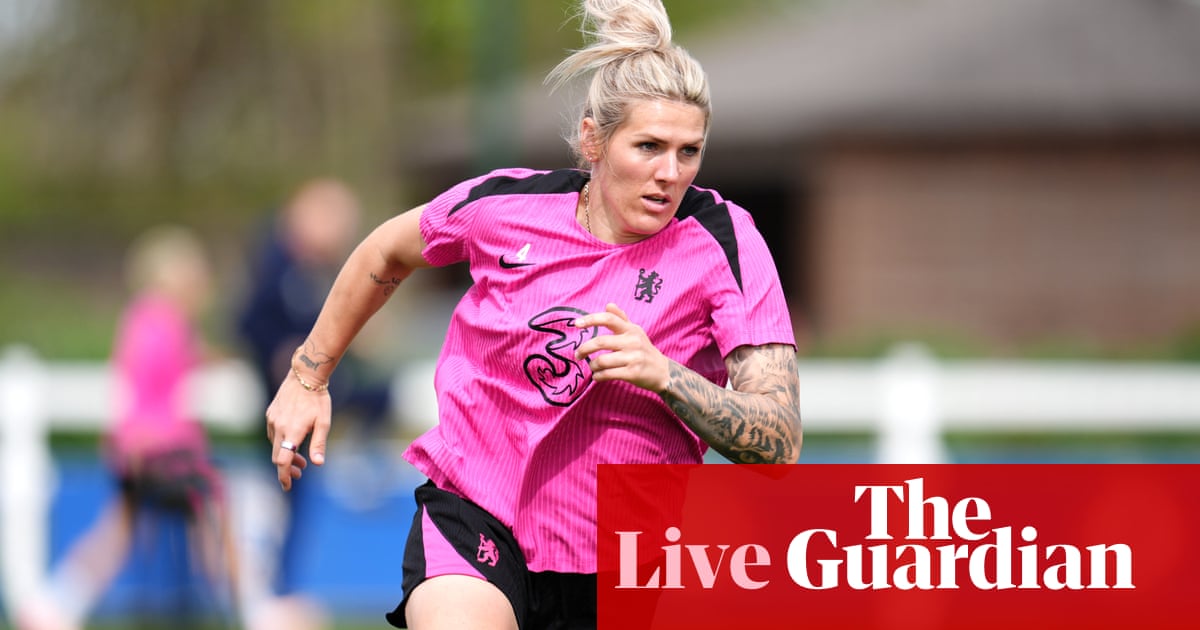Keir Starmer has announced a “historic” 100-year partnership with Ukraine, saying the UK would support the country “beyond this terrible war” and into a future where it is “free and thriving again”.
Speaking during his first trip to Kyiv as prime minister, Starmer said the unprecedented agreement reflected the “huge affection between our two countries”. He added that “right now Putin shows no signs of wanting to stop” his “unrelenting aggression”.
The point was dramatically underscored by a Russian drone flying over Volodymyr Zelenskyy’s Mariinskyi Palace in Kyiv just as the two leaders were in the middle of talks. Anti-aircraft fire erupted as the drone buzzed overhead.
Loud booms were heard as Ukrainian air defence tried to shoot it down. City officials said there were no casualties but falling debris damaged a car.
Starmer said the latest attack was a reminder of what Ukrainians experienced every day. “It makes it real for us,” he added. “It’s an everyday threat Ukraine is facing with incredible resolve and determination.”
Asked by a Ukrainian reporter about the aerial “hello from Moscow”, Zelenskyy told a joint press conference: “We will say hello to them as well.”
The century-long partnership agreement comes at a precarious time for Ukraine as Donald Trump is sworn back into office on Monday. He has vowed to end the war quickly and is expected to meet Vladimir Putin early in his presidency.
Starmer did not comment directly on how the UK may respond if the new White House abandons military support to Ukraine or forces it into a Moscow-friendly deal. Instead he paid tribute to Washington’s “vital” assistance to Kyiv, adding: “We will continue to work with the US on this today, tomorrow and into the future.”
The UK-Ukraine agreement includes £3bn of British support a year, to be continued indefinitely. Starmer said the UK would ramp up training for Ukrainian soldiers, provide mobile air defence systems and send 150 artillery barrels made by Sheffield Forgemasters – the first to be produced in 20 years.

Ukraine has been losing territory in recent months at the fastest rate since Russia’s full-scale 2022 ground invasion. Starmer conceded that Ukraine was not in the “strongest position” before possible negotiations and needed robust security guarantees that would allow it to deter “future aggression”, he said.
Zelenskyy said he was holding discussions with several European countries including France, Britain and Poland – which Starmer will visit on Friday – about an international peacekeeping force. But he said it was too early to talk about details ahead of Trump’s return to the Oval Office.
The best security guarantee for Ukraine was membership of Nato, Zelenskyy stressed. He said four countries were opposed to Kyiv’s accession: the US, Germany, Slovakia and Hungary. Starmer said Ukraine was on an “irreversible path” to joining the alliance.
Earlier the two leaders visited Kyiv’s St Michael’s golden-domed monastery. They laid flowers at a wall remembering the thousands of service personnel killed in the war with Russia, next to an exhibition of burned-out enemy tanks.
The prime minister also met soldiers at a hospital that specialises in burn injuries, and saw a building where two eminent scientists were killed on 1 January after a drone smashed into their upper-storey apartment.
The building is down the street from the president’s office. Timur Tkachenko, the head of Kyiv’s military administration, told Starmer: “They were sending us a message – no one is safe.”
Before their meeting on Thursday, Starmer described Putin’s ambition to wrench Ukraine from its closest parters as “a monumental strategic failure”. He added: “Instead, we are closer than ever, and this partnership will take that friendship to the next level.”
after newsletter promotion
He continued: “The power of our long-term friendships cannot be underestimated. Supporting Ukraine to defend itself from Russia’s barbaric invasion and rebuild a prosperous, sovereign future is vital to this government’s foundation of security and our plan for change.”
In Thurday’s press conference Zelenskyy conceded his troops were being pushed back in the east of the country but said he was optimistic the situation could be “stabilised”, as it had been on other parts of the frontline.
The Russian president has given no sign he is willing to call an end to the fighting. His demands are as maximalist as ever and include the handover of four Ukrainian regions that he “annexed” in 2022 including territory Moscow does not control; a veto on Kyiv’s Nato membership; and the replacement of Zelenskyy’s government with a pro-Kremlin alternative.
The Russian president’s apparent calculation is that Trump will swiftly end military assistance to Ukraine, which will enable further gains. Russian troops are closing in for the first time on Dnipropetrovsk oblast, a centre for Ukrainian defence production.
Last week Starmer discussed the direction of the conflict after Trump’s return with the French president, Emmanuel Macron, at Chequers. The two leaders talked about the importance of offering Ukraine security guarantees.
The “100-year partnership” is also intended to boost economic links in non-military areas such as science, technology and culture. Starmer will announce £40m for economic recovery, which the government said would create opportunities for British companies.
Last November a top Ukrainian official expressed frustration with Starmer’s new government and suggested relations with the UK had “gone backwards”. The supply of British long-range Storm Shadow missiles had stopped, the official said, adding that the prime minister had postponed a trip to Kyiv several times.
“It isn’t happening. Starmer isn’t giving us long-range weapons. The situation is not the same as when Rishi Sunak was prime minister. The relationship has got worse,” the official told the Guardian. Downing Street reacted to the comments with irritation and declined to comment on operational matters.
Ukraine has subsequently used Storm Shadow missiles against high-value targets, including in Kursk province. Ukrainian forces launched a small counter-invasion five months ago into the Russian border area and recently captured two North Korean soldiers.

 3 months ago
47
3 months ago
47
